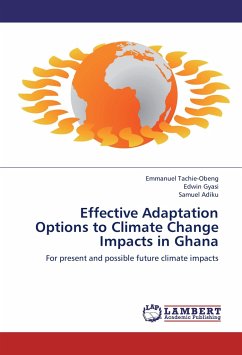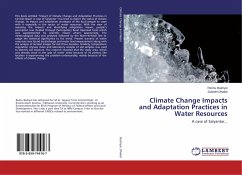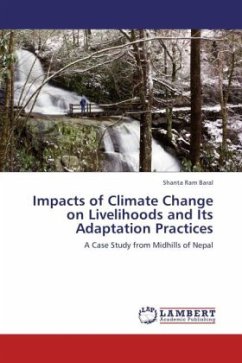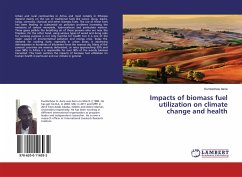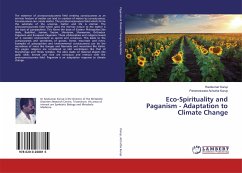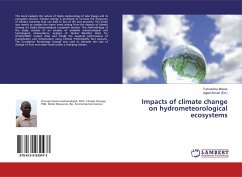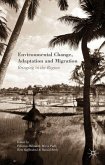Located in low latitude tropical region and a developing country with an agricultural driven economy, Ghana is already experiencing the consequent effects of global climate change. This book assesses current climate tends in a local climate level in Ghana, followed by an examination of the possible future resulting from human induced global climate change, impacts on maize production and effective adaptation options that would suit future climate change. Though local communities have observed current changes in climate, one may reasonably ask whether Ghanaian farmers can continue to sustain their livelihood in the same way that they have done for generations. To the skeptics current change is just one of the changes in historical records, but it is left to Ghana and Africa to decide whether written thoughts and current climate observations will heal itself, or it is time for circumspection and caution which will require effective adaptation options to withstand future climate change impacts.
Bitte wählen Sie Ihr Anliegen aus.
Rechnungen
Retourenschein anfordern
Bestellstatus
Storno

